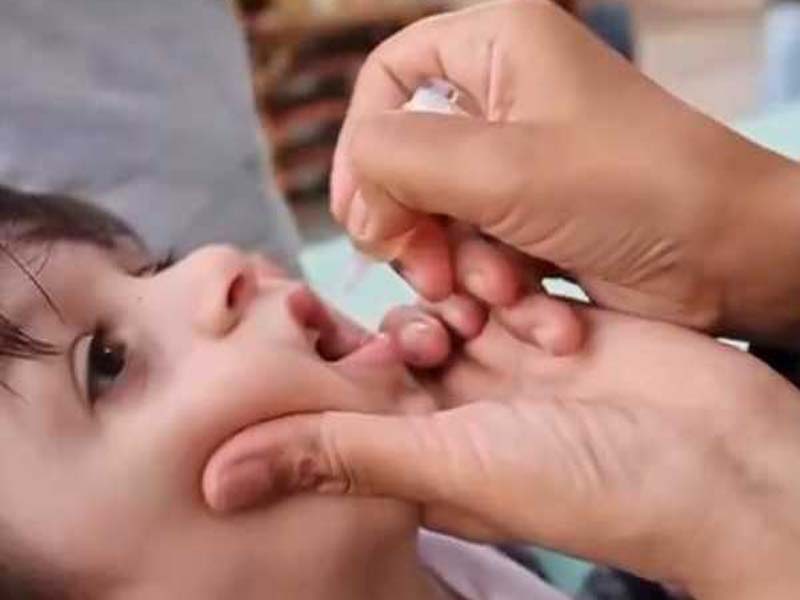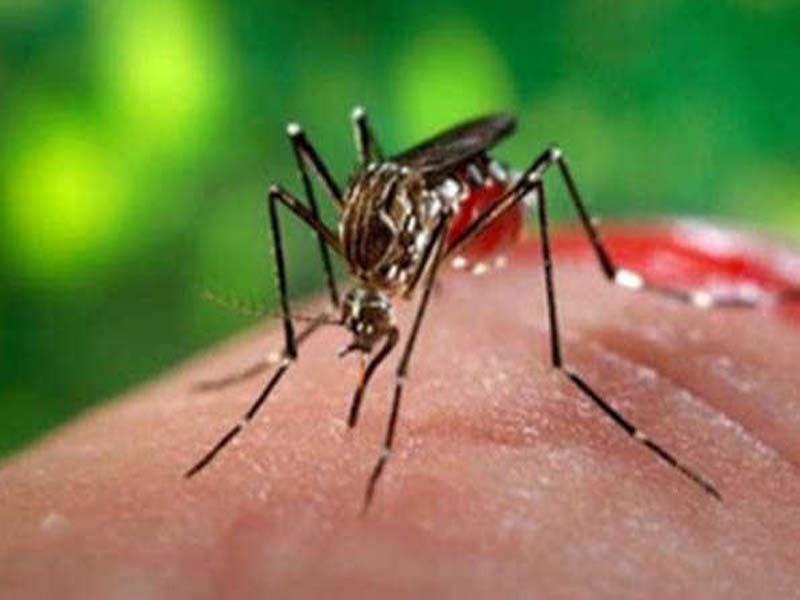Threat of community spread of Omicron looms large over Maharashtra: Expert
Pune, Dec 30 : Dr Naresh Purohit, the Principal Investigator for the National Integrated Disease Surveillance Programme, Today shared scientific insights about Omicron and averred that speedy vaccination is the only way to combat the new COVID variant.
Talking to UNI, the noted epidemiologist explained, “Omicron is a more transmissible variant of SARS-CoV-2, more contagious than Delta which caused the second wave of the pandemic in India. Within a month after the first Omicron cases were detected in India, the total number of Omicron cases reached 961 on Thursday.”
He continued, “The highest cases were reported in Delhi and Maharashtra. The first cases of Omicron in India were foreign travellers who contracted the variant, first detected in South Africa, from abroad. All first cases of Delhi, Gujarat, Maharashtra, Karnataka were international travellers.”
“However, the situation changed within a month as now the Omicron cases are mostly those with no international travel history,” he pointed out.
He further said, “The rapid spread of the virus is worrisome. Around 30,000 to 35,000 people can get infected per day within a short spell and the threat of Omicron community spread looms large in Maharashtra.”
“Earlier this month, the World Health Organization had confirmed the community transmission of Omicron in South Africa and the UK,” he mentioned, adding that the best way to keep the virus at bay is to diligently follow COVID norms.
“A more prompt and robust vaccination policy has to be the main weapon to fight the battle against the virus through a daunting 2022,” averred Dr Purohit also Advisor for the National Immunisation Programme.
He suggested, “The health authorites must prioritise vaccination of young adults and start administrating booster shots to the fully vaccinated. For this, indigenous production must be boosted and vaccines must be imported, irrespective of the cost.”
“Despite its shortcomings, vaccination remains the most potent weapon against the threat of new and emerging variants of SARS-CoV-2,” he underlined.
“The pandemic management has a lot to do with disciplines beyond medical research. We need social science and epidemiological research to address challenges such as vaccine hesitancy, behavioural change, mental health etc. Indian medical agencies have amassed a mountain of data in the past two years, analysis of which can help find possible solutions. For this, the data will have to be shared with researchers outside the government system,” he underscored.(UNI)










